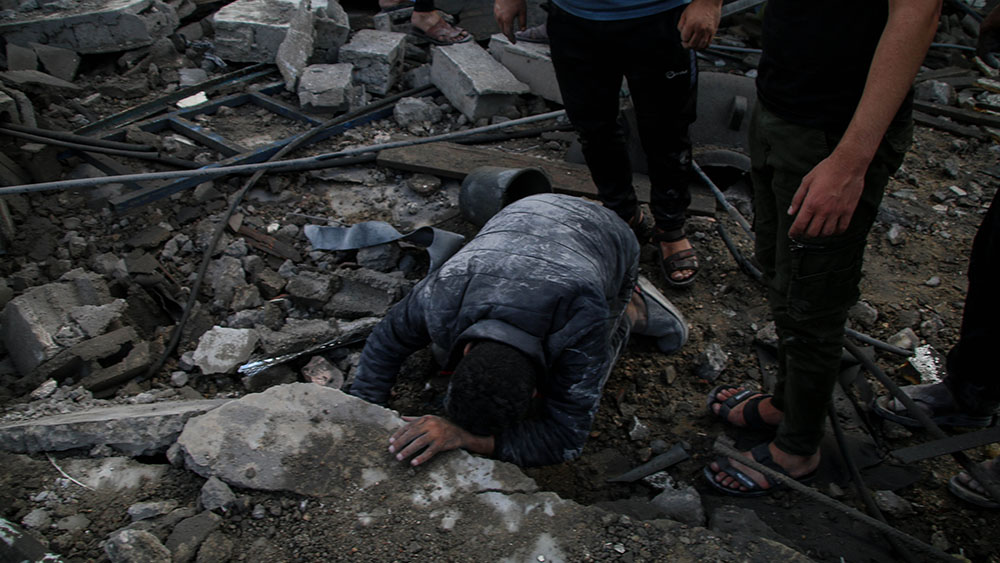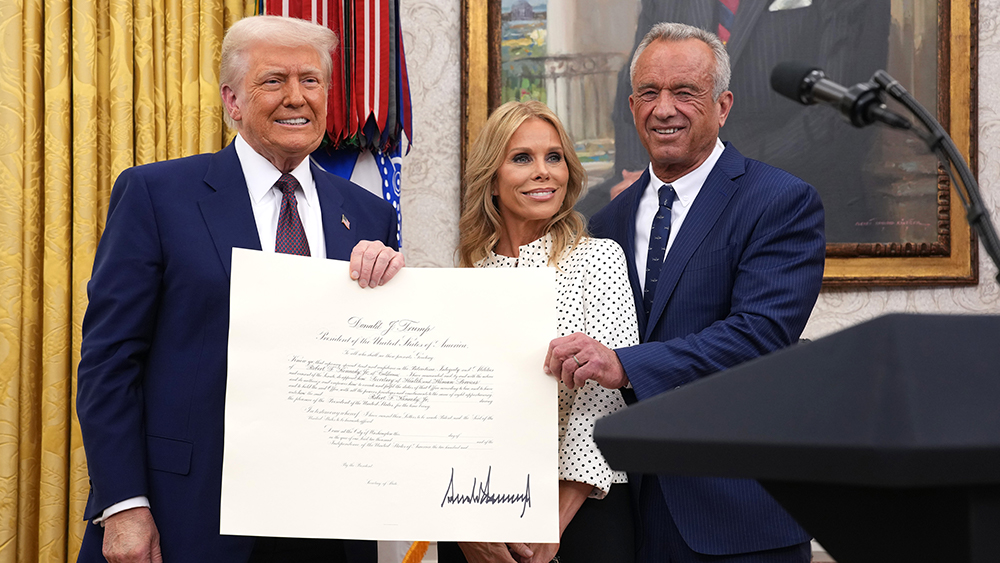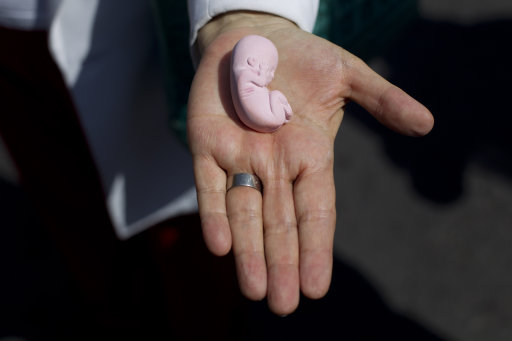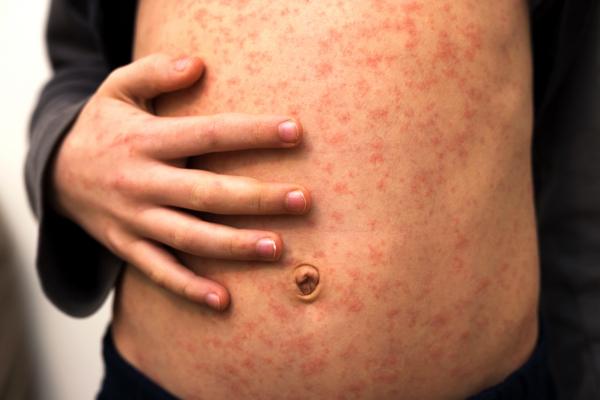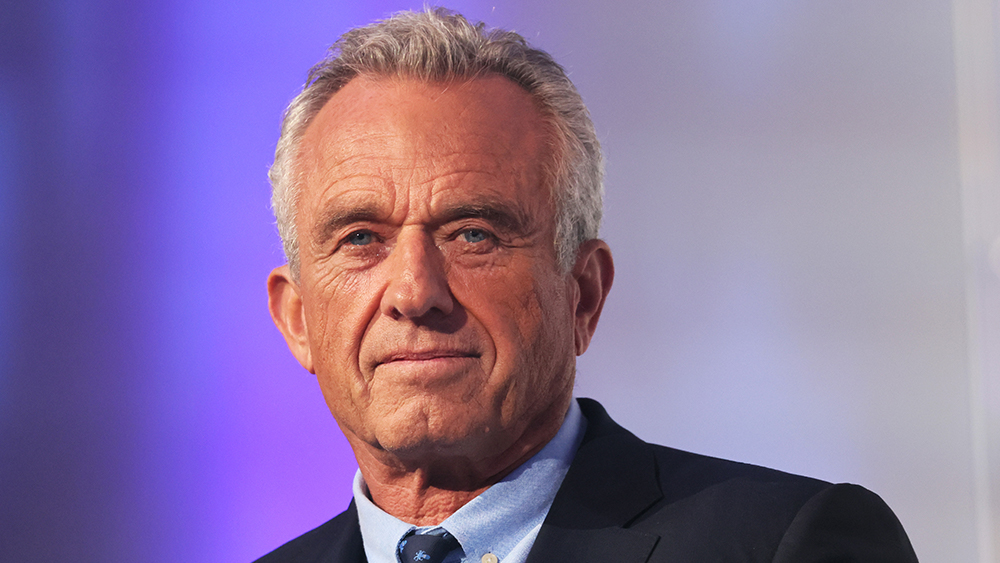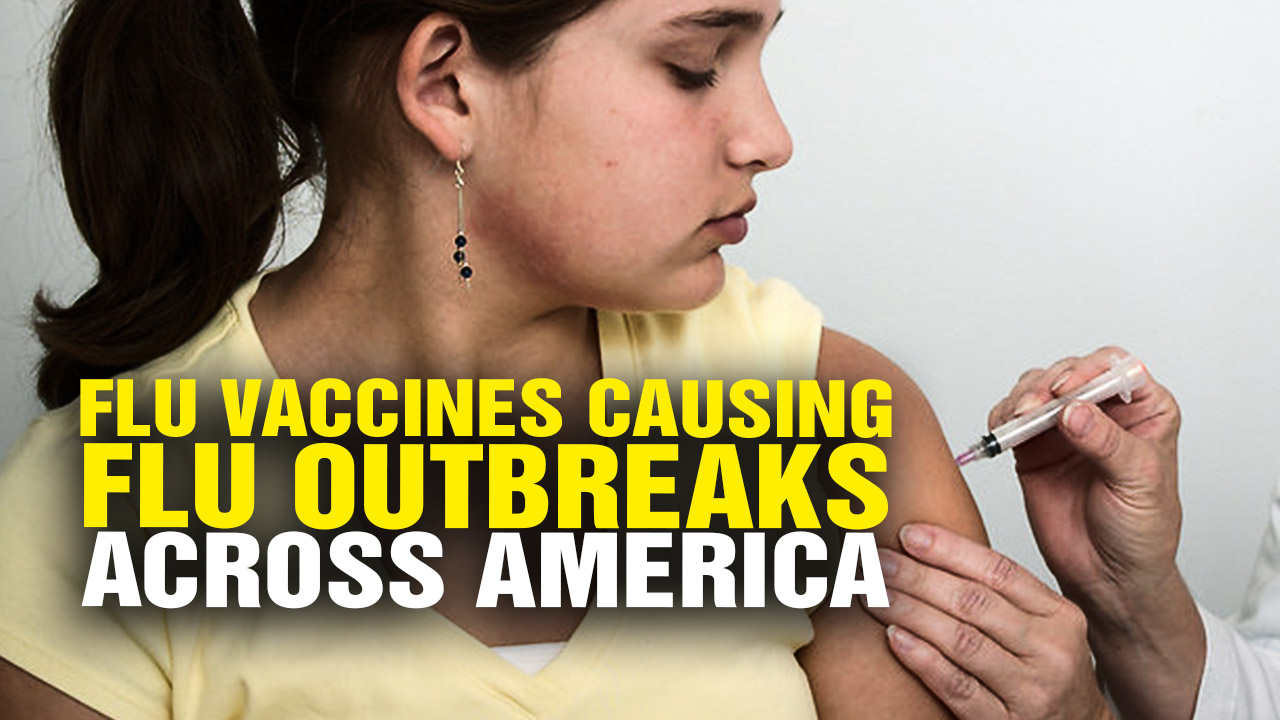RFK Jr. pushes CDC to drop COVID-19 vaccine recommendation for children, citing lack of benefit
04/27/2025 / By Ava Grace
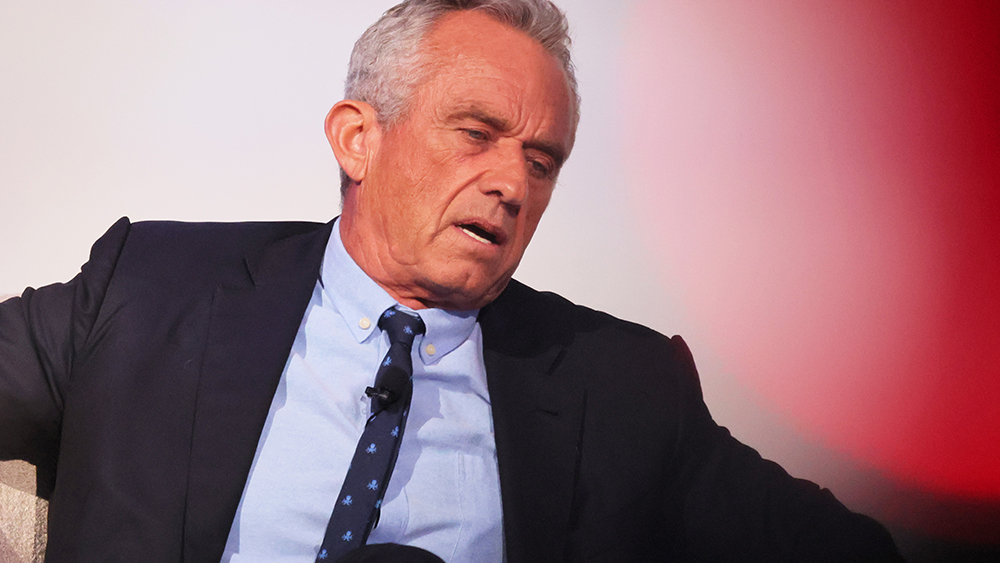
- HHS Secretary Robert F. Kennedy Jr. is privately urging the CDC to stop recommending COVID-19 vaccines for children, arguing the virus poses minimal risk to them and the science doesn’t support universal vaccination..
- The CDC’s advisory committee is considering moving from a universal recommendation to a risk-based approach, which would mark a major reversal in federal health guidance.
- Studies show healthy children face very low risks from COVID-19, while vaccine-related myocarditis (especially in teens) raises concerns. Some European countries no longer recommend the shots for kids.
- A policy change could affect Medicaid reimbursements, pediatric care standards and school vaccine mandates, with 40% of U.S. children covered by Medicaid.
- Kennedy’s stance aligns with anti-vaccine advocates but faces criticism from those fearing eroded trust in vaccines. Low uptake (13 percent booster rate) and state bans on school mandates reflect public hesitancy.
Health Secretary Robert F. Kennedy Jr. is privately urging the Centers for Disease Control and Prevention (CDC) to stop recommending Wuhan coronavirus (COVID-19) vaccines for children, according to sources familiar with the discussions.
Kennedy, a longtime skeptic of vaccine mandates, argues that scientific evidence does not support vaccinating young children against a virus that poses minimal risk to them. If successful, this move could reshape national immunization policies, affecting pediatric care, school vaccine requirements and insurance coverage.
Kennedy’s push comes as the CDC’s independent vaccine advisory committee considers shifting from a universal recommendation to a risk-based approach for COVID-19 shots. Currently, the CDC advises all children six months and older to receive either Pfizer’s three-dose series or Moderna’s two-dose regimen, plus annual boosters. Removing the vaccine from the childhood schedule would not ban its use but would signal a dramatic reversal of federal health guidance. (Related: CDC considers scaling back universal COVID-19 vaccine recommendations.)
Studies consistently show that healthy children face an extremely low risk of severe illness or death from COVID-19. A Johns Hopkins University study led by Dr. Marty Makary, now Food and Drug Administration commissioner, found zero deaths among 48,000 children under 18 without preexisting conditions.
Meanwhile, concerns persist about vaccine-related myocarditis (heart muscle inflammation), particularly in adolescent boys. European nations like Germany and Sweden no longer recommend COVID-19 vaccines for healthy children, citing unfavorable risk-benefit analyses.
CDC’s June vote could end COVID-19 shots for children
If the CDC revises its stance, the decision could ripple through state policies, insurance coverage and medical practices. Medicaid, which insures 40 percent of U.S. children, bases its vaccine reimbursements on CDC guidelines. Pediatricians participating in the CDC’s Vaccines for Children Program are required to administer all scheduled immunizations – meaning a policy shift could alter standard care.
Kennedy has long criticized COVID-19 vaccines for children. In 2022, he warned the Department of Health and Human Services that authorizing shots for kids under five was “reckless,” citing unresolved safety questions.
His allies applaud the potential policy change, calling it overdue. Critics, however, fear it could erode trust in vaccines broadly.
Parental hesitancy has kept childhood COVID-19 vaccination rates strikingly low; just 13 percent of U.S. children have received the latest booster. Many states, responding to political pressure, have banned school mandates for the vaccine. With the CDC advisory committee set to vote in June, the outcome could redefine pandemic-era health policy and reignite fierce debates over science, safety and government oversight.
Check out Immunization.news for more similar stories.
Watch this video of Robert F. Kennedy Jr. exposing the dangers of the COVID-19 vaccines.
This video is from The Missing Link channel on Brighteon.com.
More related stories:
Big NO: Parents still reject COVID-19 vaccines for kids.
Parents DO NOT want COVID-19 vaccines for their kids.
Doctors are demanding TRUTH about COVID-19 vaccines for kids.
Sources include:
Submit a correction >>
Tagged Under:
advisory committee, Centers for Disease Control and Prevention, children's health, covid-19, Department of Health and Human Services, freedom, health freedom, health insurance, immunization, immunization schedule, Liberty, medicaid, Robert F. Kennedy Jr., vaccines, Wuhan coronavirus
This article may contain statements that reflect the opinion of the author







